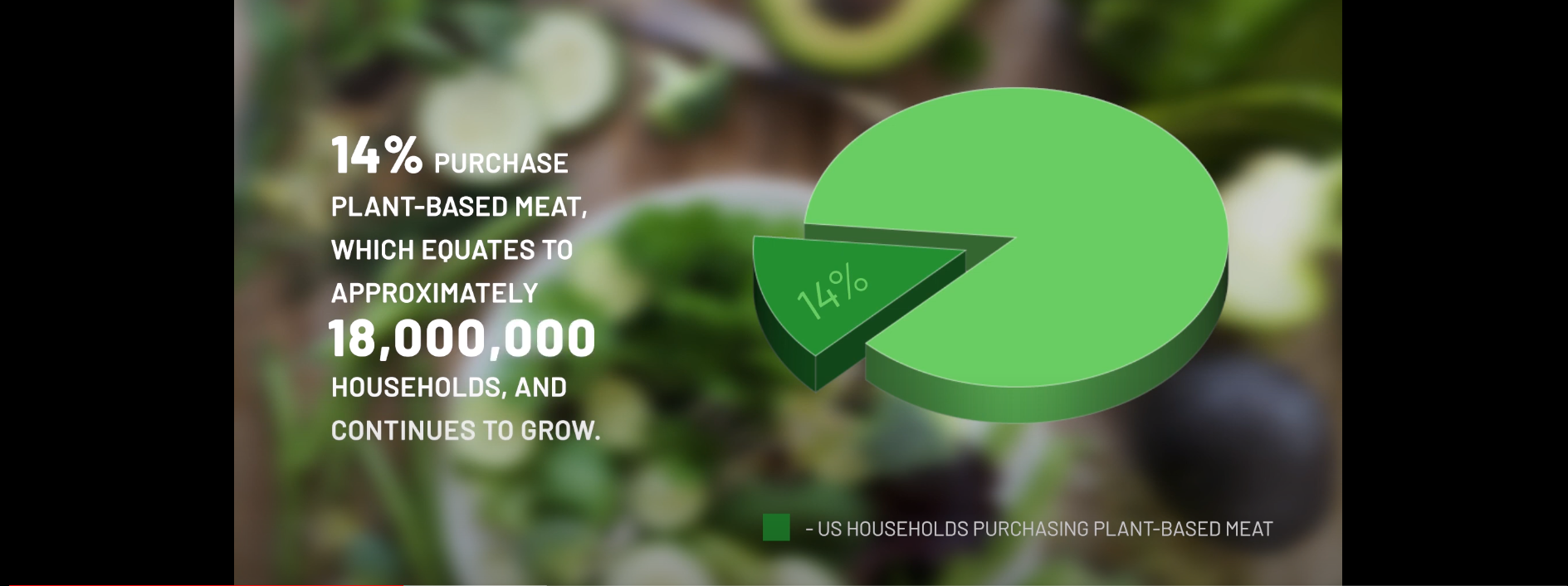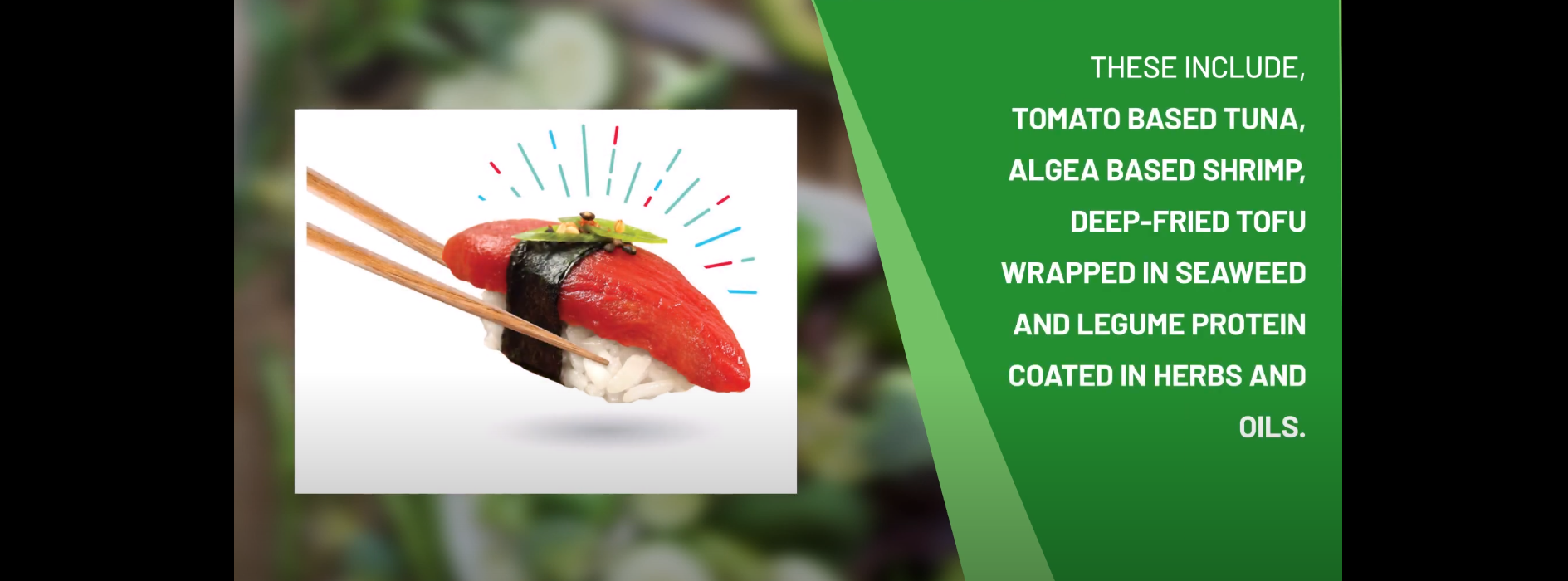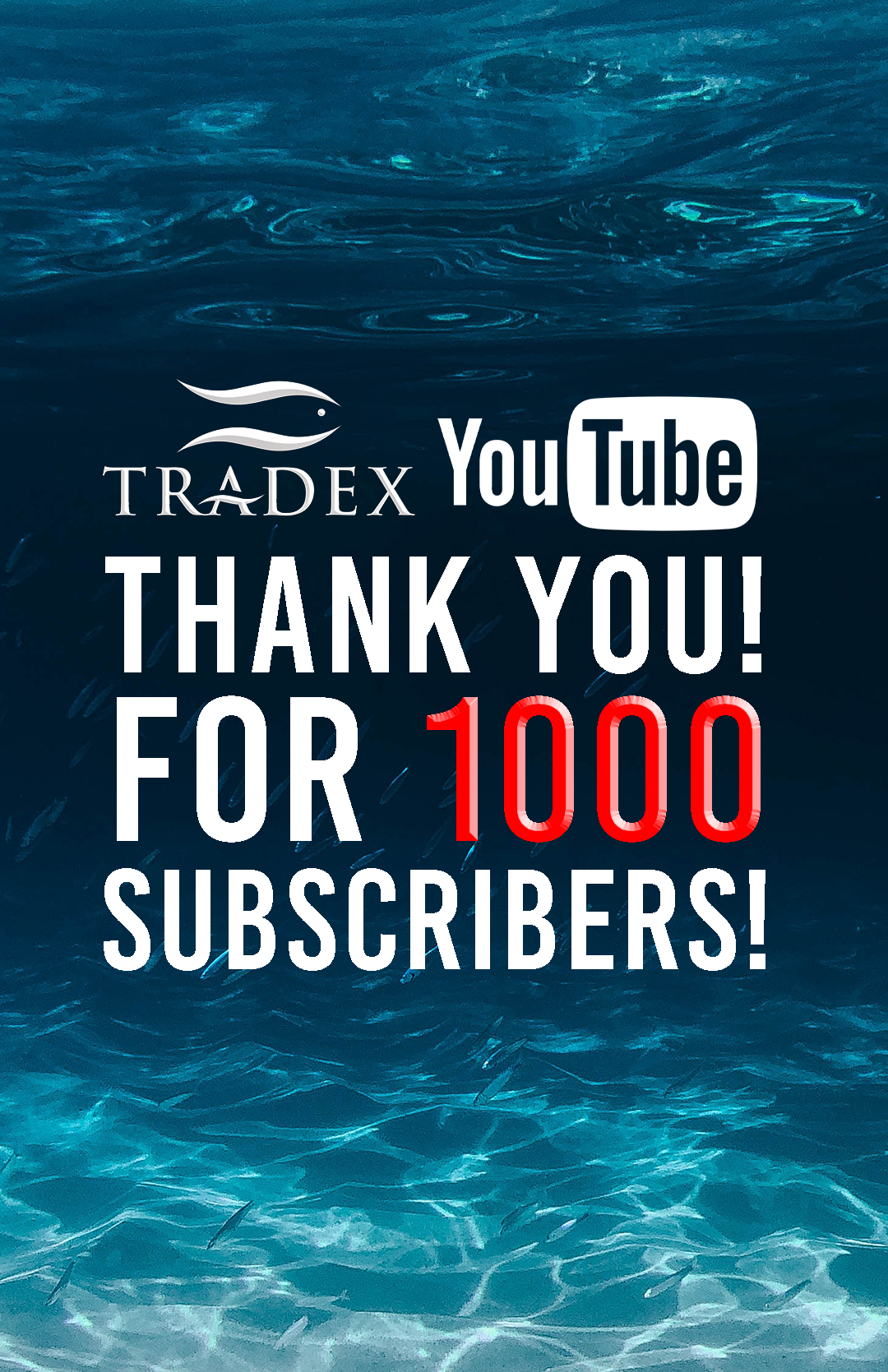
Loading
EP 493 | AIRED 06/22/2020
Vegan Seafood & The Future of the Plant-Based Meat Market
June 22nd, 2020 --- In this week's episode we get up to date with Vegan Seafood and the future of the plant based meat market.
The world's meat and dairy industries have seen increasing disruption from plant-based alternatives becoming a massive trend within the last decade.
According to numbers released in December of 2019, the plant-based meat market is worth just over 12 billion US dollars, and is projected to grow at a compound annual growth rate of 15.0% from 2019, to reach a value of around 30 billion USD by 2025.
The plant-based meat market is segmented into soy, wheat, pea, and others like quinoa, oats, beans, and seeds.
Soy is the most commonly used as a base ingredient for plant-based pork, beef, and chicken products, owing to its high protein content and meat-like texture.
Of all U.S. households, 14% purchase plant-based meat, which equates to approximately 18 million households, and continues to grow.

A Deloitte study explained that the driving force behind these numbers aren't only vegetarians and vegans but so-called 'flexitarians' who are cutting down on their meat consumption while trying their hand at something more eco & health friendly.
Supermarkets have responded to the growth in the market and are significantly increasing the shelf space given to plantbased products.
In order for this growth to continue, companies are looking to adding different ingredients and flavours as their next step, to keep the interest afloat.
Now where does the vegan seafood market sit?
At the moment, faux seafood is a very small market in the food supply chain.
Tofu and soy based imitation meats & seafood have been used in Chinese Buddhist cuisine for years, but remains underwhelming and undermarketed.
In the US, the country with the most vegan seafood start-ups, plant-based seafood made up only 1% ($9.5m) of the dollar amount of all retail sales of plant-based meat in 2019.
And plant-based meat, in turn, made up 1% of total meat sales.

Total research and development on alternative seafood has only amounted to $10m–$20m so far.
While seafood remains difficult to 'veganize', with a growing customer base and new technologies there are already multiple options on the market.
These include, Tomato Based Tuna, algea based shrimp, deep-fried tofu wrapped in seaweed and legume protein coated in herbs and oils.
The taste and texture of seafood is still particularily hard to mimic, and reviews of these products vary widely, predominantly stating that the products that don't strive to exact the profiles of seafood, but instead emphasize a unique flavour and texture of it's own are optimal.
These products contain no soy or glueten, and also provide options for people with shellfish allergies, which is one of the most common in North America.
The majority of these products are sold frozen, or canned for shelf-stability, and companies tend to focus on perfecting one individual product, rather than branching out to multiple simultaneously.
----
We were lucky to speak with Atlantic Natural Foods' CEO & Chairman Doug Hines, who has created his own Fishless Tuna called 'Tuno' about goals and insights into the Vegan Seafood Industry:
What inspired you to create vegan seafood alternatives?
Overfishing is a global problem that's getting worse by the day. With the Atlantic and Indian Oceans under siege, and the Pacific under review, our latest innovation, TUNO, is addressing the long-term need for alternate protein sources.
How is TUNO made?
It is made from non-GMO soy, produced by hand in small batches, made with the freshest ingredients.
What feedback have you received & have you had to make any modifications since the first release of your products?
The TUNO products have been well received – it won the Best in Show at Expo West was named one of EatingWell’s 15 Hottest New Healthy Foods last year, but we are always working to improve the taste and texture of all of our products and develop new items to exceed the needs of consumers.
Have you noticed a difference in the demand for your seafood products vs. your meat-alternatives?
Not materially; the consumer is driving towards the meat analog burgers and other solutions. Seafood is still in infancy.
It’s a small space that needs work. Even in seafood, most is consumed in the meals away from home and in today’s environment the demand simply can’t grow.
What is ANF’s plan for the future? More products? Wider variety?
We have to improve our products and have invested in equipment that will allow a blend of added grains into the TUNO and more sea-harvested plant material that will enhance the flavor while also enhancing nutritionals. New shelf-stable meals we developed in collaboration with Costco are launching beginning this summer: “Hawaiian Bowl” and “Ultimate Vegetarian Chili.” Plus, a prepared “chicken” salad and a new TUNO salad are in the queue for 2021 along with 3-4 new great, shelf-stable products and we’ve broken open the Lab and are creating again a host of new meals, bowls and flavors.
What do you think the future of vegan seafood looks like?
It needs some work, but should follow a like trend of the plant-based poultry development and expansion. Many are focused on a “sushi” style presentation while others are mimicking the fried frozen fish or crab. In shelf-stable, we’ll continue to see offerings for sandwiches, salads and the like.
How big of an industry is vegan seafood right now and what could the industry be worth in 3-5 years?
Right now it’s about $20M. In three years perhaps $200M, and in five years it could be $500M.
We can see on the ANF website that you’re marketing for foodservice, how is that being received?
With the COVID-19 pandemic, we are only now rolling it out but it is being reviewed by two of the large sandwich shops.
-----
The seafood industry remains predominantly untouched by the vegan market, but if we've learned anything from the meat industry, we know the vegan alternatives trend isn't going anywhere.
We'll be keeping an eye out for the latest updates as this market continues to grow.



